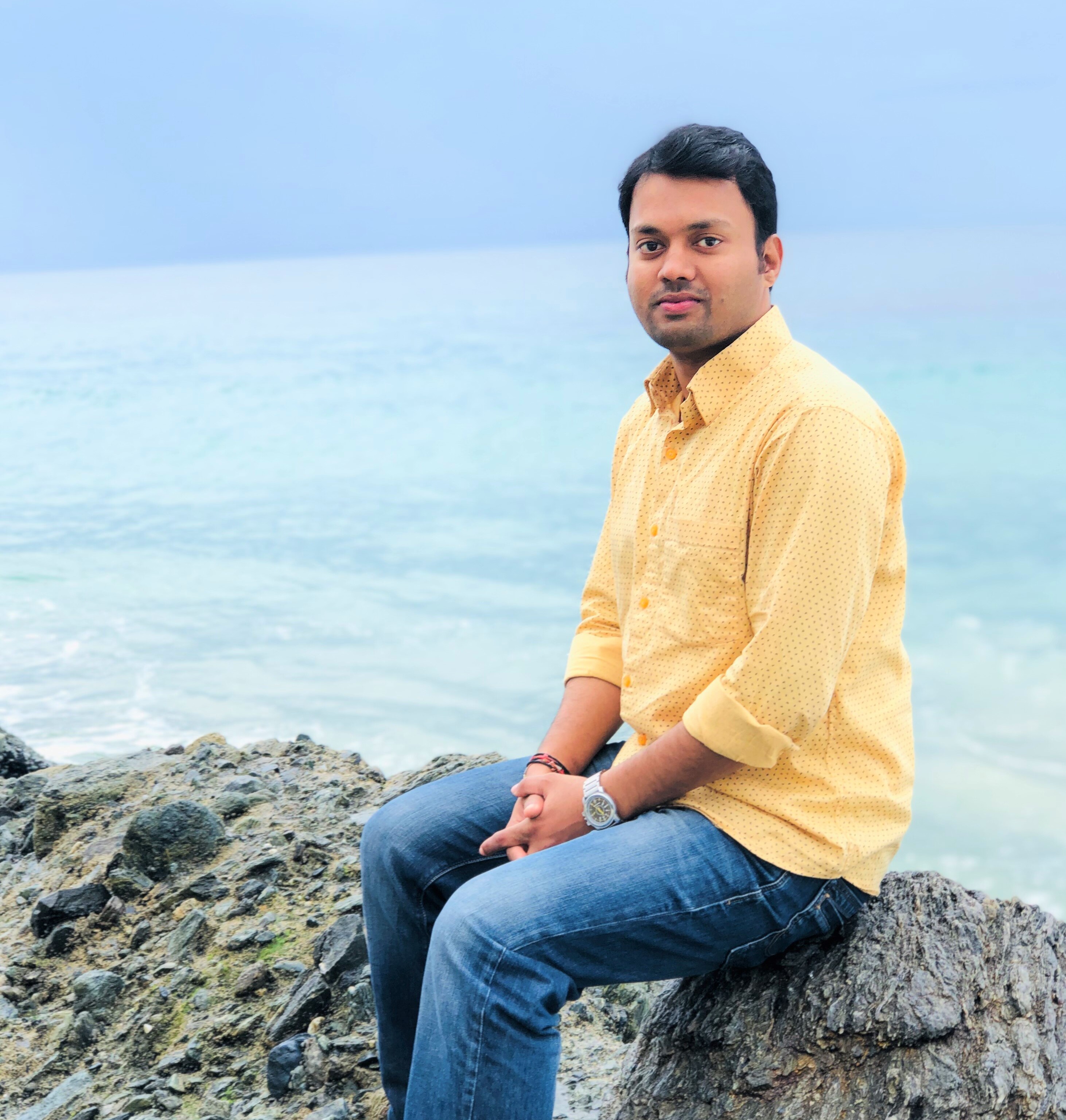Dissertation Fellowship Goes to Kumar

May 6, 2022 – The UC Irvine Graduate Division has awarded the Graduate Dean’s Dissertation Fellowship to civil and environmental graduate student Mukesh Kumar for the 2022-23 academic year. The award, for doctoral or master’s degree students in their final year of graduate education, allows students to forgo nonresearch-related employment and concentrate on completing their dissertation or thesis.
Kumar works under the advisement of Tirtha Banerjee, assistant professor of civil and environmental engineering. His dissertation research is to develop a framework for mapping and modeling wildfires in the interface of wildlands and urban areas. The severity and frequency of wildfires have risen dramatically in recent years, drawing attention to the region where human-made structures meet wildland vegetation, the wildland-urban interface (WUI).
Kumar aims to obtain an improved understanding of wildfires at the WUI through mapping and modeling approaches. After looking at the existing definitions of the interface for California, he proposed a novel, finer-resolution mapping method that is based on the linear intersection of flammable vegetation and building footprints.
“From this mapping exercise, it appears that the dominant mode of fire-induced damage in the WUI is from firebrands, embers that can travel large distances away from the fire-front,” he said. He plans to test the capability of a nonhydrostatic, mesoscale weather research and forecasting (WRF) model to capture the meteorological parameters of different geographical regions in Southern California, during specific fire events, such as the 2007 Witch Fire. Then, he plans to use a large eddy simulation version of WRF to analyze the mechanisms of turbulence generation using momentum perturbation, since turbulence plays a vital role in ember transport during fires that are driven by heavy wind events, like the Santa Ana winds.
“We are planning to use a coupled fire-atmosphere model to investigate ember transport over complex terrain as a major driver of wildfires in the WUI,” said Kumar. “We aim to propose a more adequate definition of the WUI, based on evidence from the modeling and mapping framework. I hope this research will be beneficial to foresters, land managers and communities residing in the WUI; it has the potential to make a major contribution to the scientific community and society at large.”
Kumar, who will graduate in the fall 2022, hopes to continue this work at one of the National Labs. He said he was honored to be selected for the fellowship. “This support will help me advance my research and complete some of my collaborative work at the National Center for Atmospheric Research in Boulder, Colorado.”
– Lori Brandt
